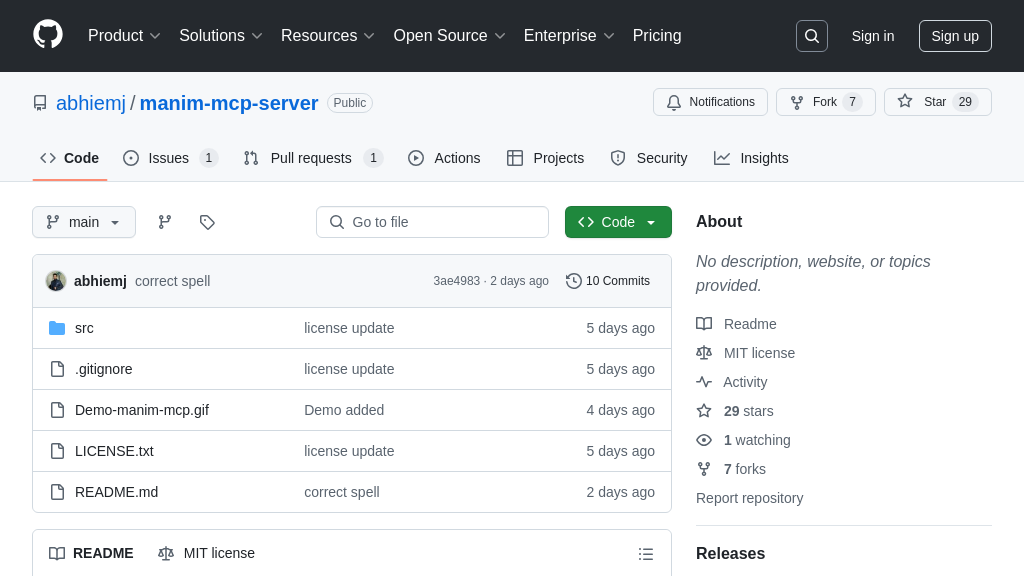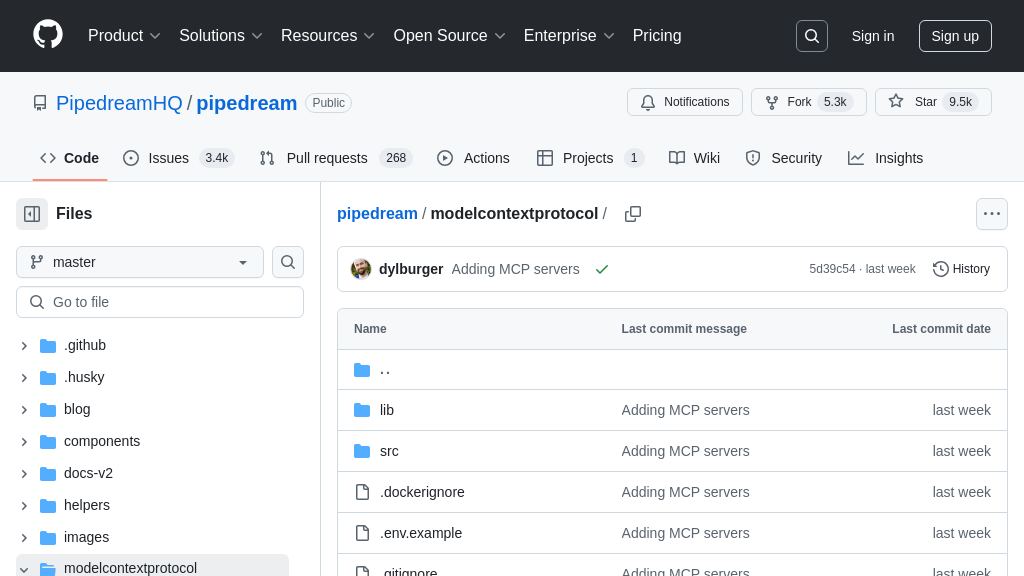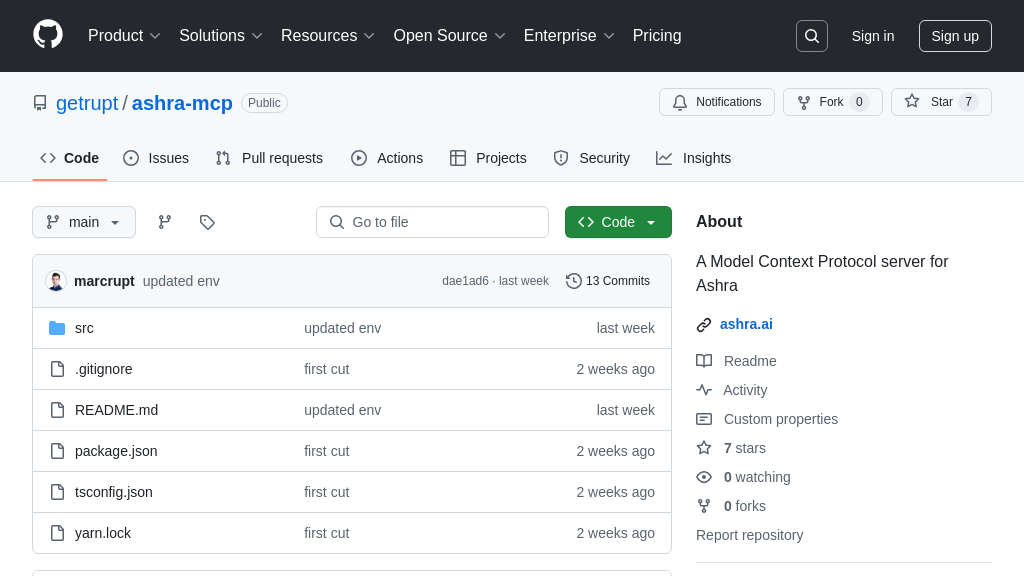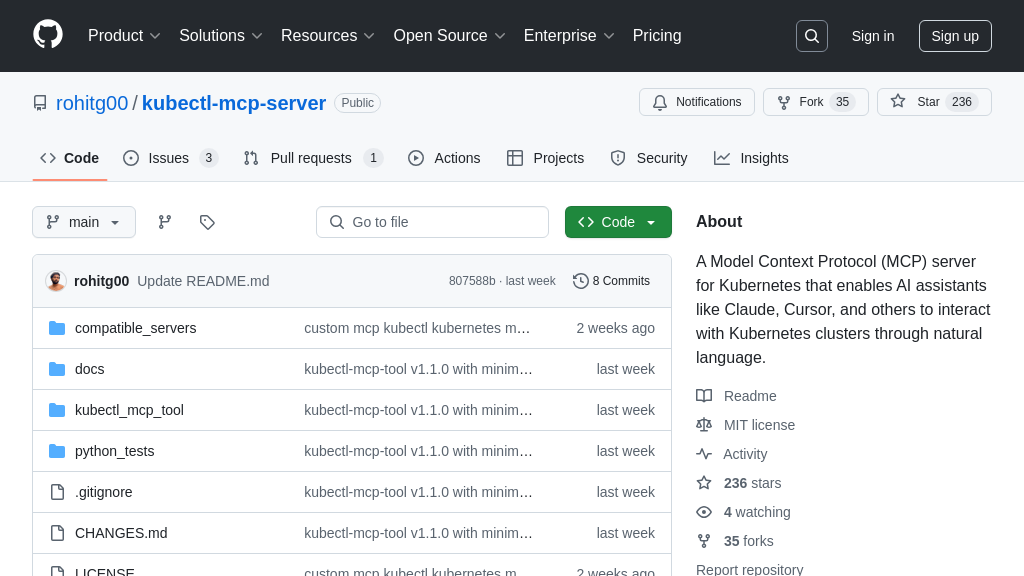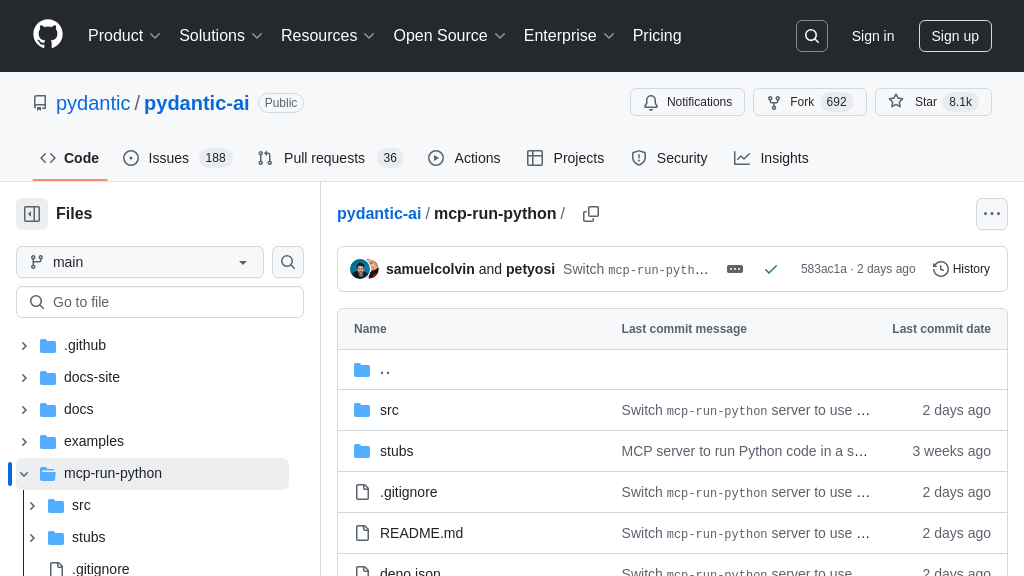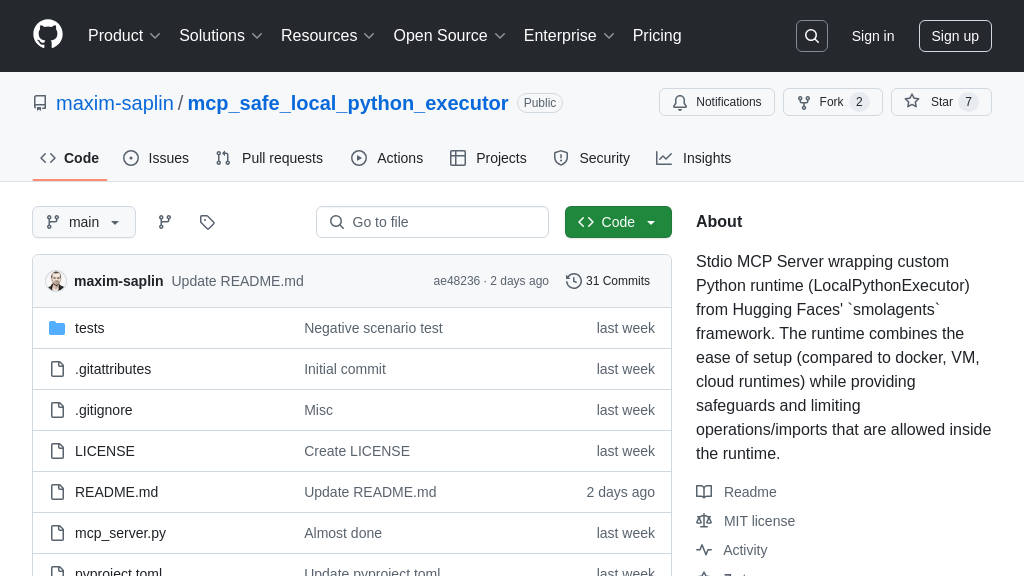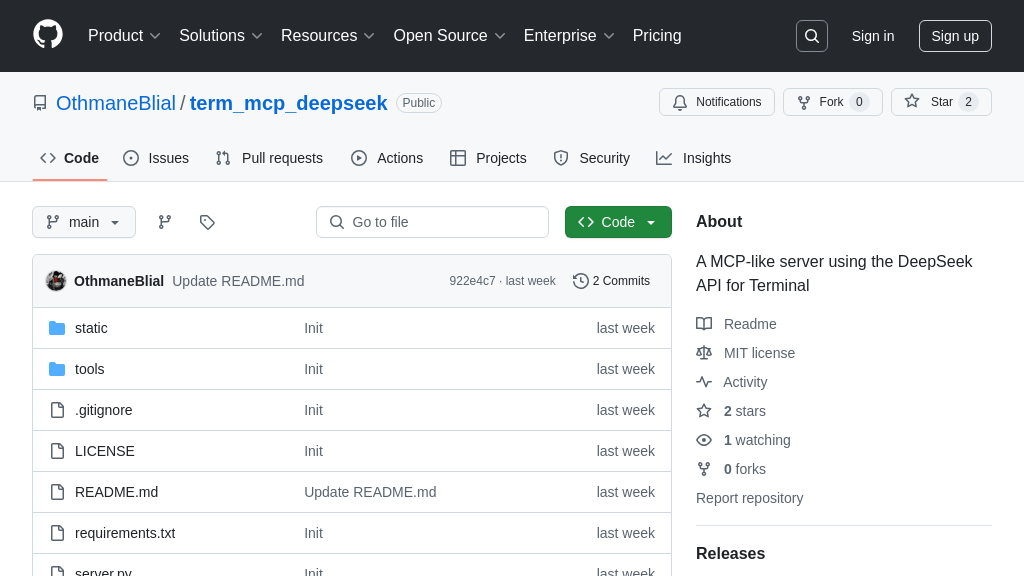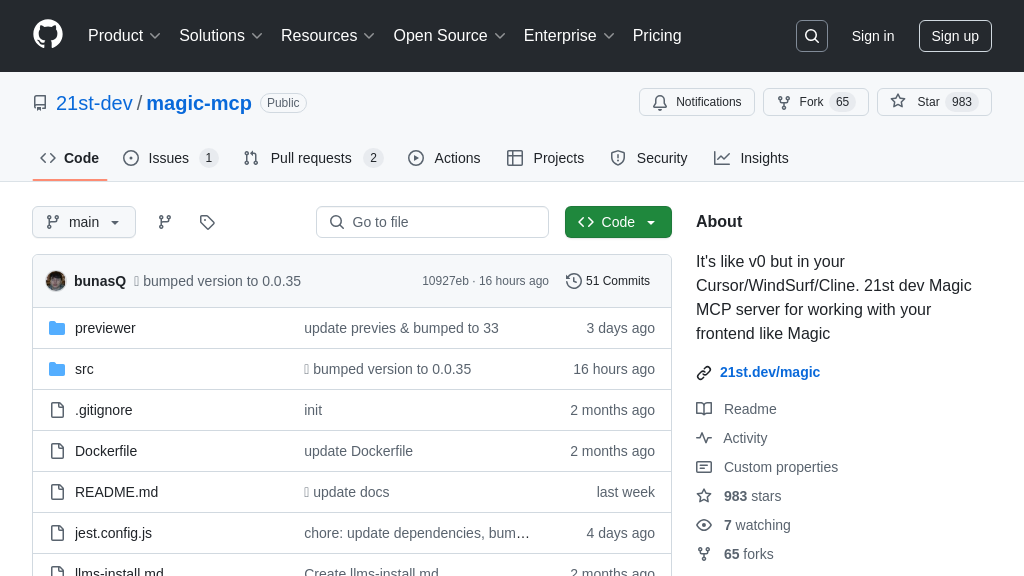gradle-mcp-server
gradle-mcp-server: An MCP server enabling AI tools to interact with Gradle projects for analysis and automation.
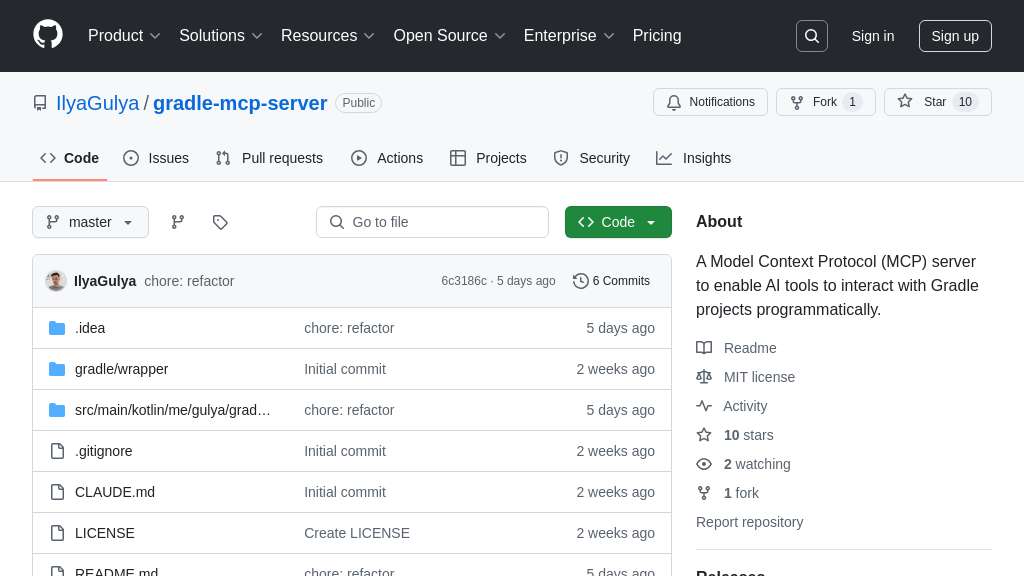
gradle-mcp-server Solution Overview
The gradle-mcp-server is an MCP server designed to provide AI tools with programmatic access to Gradle projects. It leverages the Gradle Tooling API to enable AI-driven analysis and automation by querying project information and executing tasks. Key features include inspecting project build structure, tasks, environment details, and executing Gradle tasks with custom arguments. Notably, it offers hierarchical test execution, delivering structured JSON results with outcomes and filtered output, ideal for AI-powered test result analysis.
This server empowers developers to integrate AI seamlessly into their Gradle workflows, automating project analysis, code generation, and testing. It supports standard I/O and HTTP/SSE modes for flexible integration with MCP clients. By providing a standardized interface, gradle-mcp-server simplifies the interaction between AI models and Gradle projects, fostering innovation and efficiency in software development. Built with Kotlin, it requires JDK 21 or higher and integrates smoothly with existing Gradle environments.
gradle-mcp-server Key Capabilities
Project Information Retrieval
The gradle-mcp-server allows AI models to inspect Gradle projects and retrieve structured information. This feature leverages the Gradle Tooling API to extract details about the project's build structure, available tasks, build environment (Gradle, Java versions), and root project details (name, path, description). The server supports selective querying, enabling AI models to request only the necessary information categories, optimizing data transfer and processing time. This is particularly useful for AI-powered code analysis tools that need to understand the project's dependencies and build process before performing tasks like vulnerability scanning or code optimization. For example, an AI model could use this feature to identify all test tasks in a project before executing them. The server returns a JSON object containing the requested data, facilitating easy parsing and integration with AI models.
Task Execution
This feature enables AI models to programmatically execute Gradle tasks within a project. It supports running arbitrary tasks, such as clean, build, or assemble, with customizable arguments, JVM arguments, and environment variables. The server captures the standard output and standard error streams during task execution and returns them in a formatted text output, along with the final execution status (success or failure). This allows AI models to automate build processes, trigger code generation, or perform other actions that require interacting with the Gradle build system. For instance, an AI-powered deployment pipeline could use this feature to build and package a Gradle project automatically. The server provides a standardized interface for task execution, abstracting away the complexities of the Gradle command-line interface.
Hierarchical Test Execution
The gradle-mcp-server provides a specialized tool for executing Gradle test tasks and receiving detailed, structured results in a hierarchical JSON format. This feature is designed to provide AI models with comprehensive information about test execution, including the outcome (passed, failed, skipped) of each test suite, class, and method. It also captures failure messages and filtered/truncated output lines, focusing on the most relevant information for debugging and analysis. The server supports test filtering via patterns, allowing AI models to target specific tests or test suites. For example, an AI-powered test analysis tool could use this feature to identify flaky tests or pinpoint the root cause of test failures. The hierarchical JSON format enables AI models to easily navigate and analyze the test results, facilitating automated bug detection and code quality assessment.
